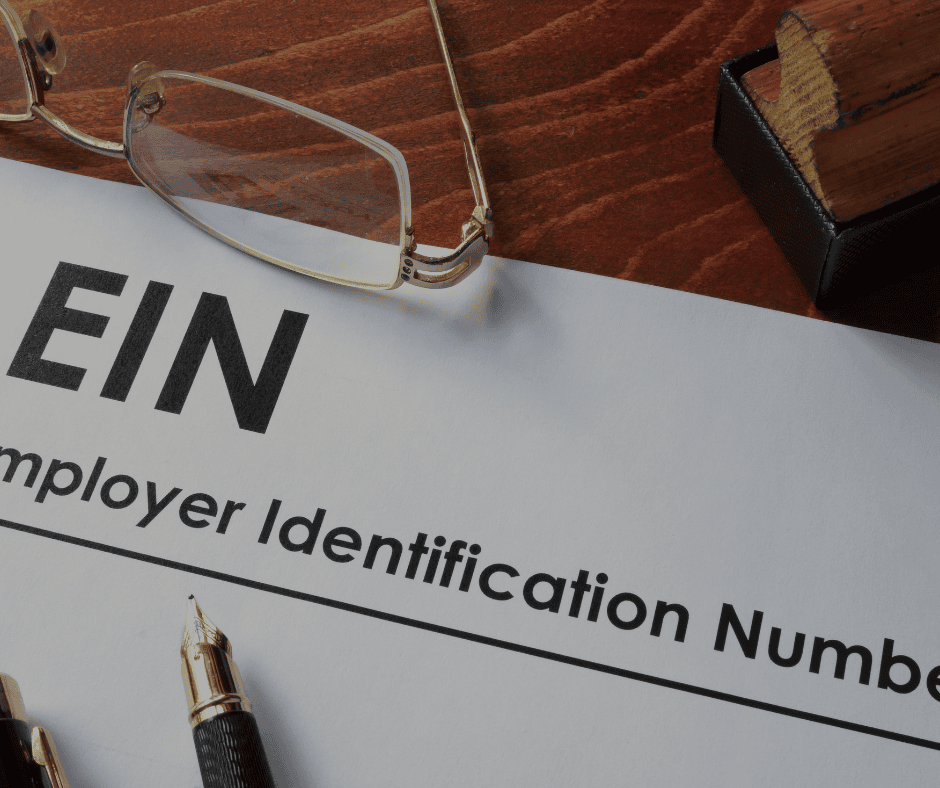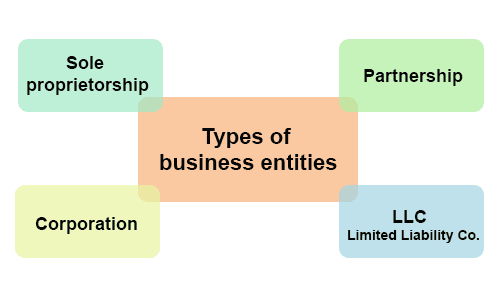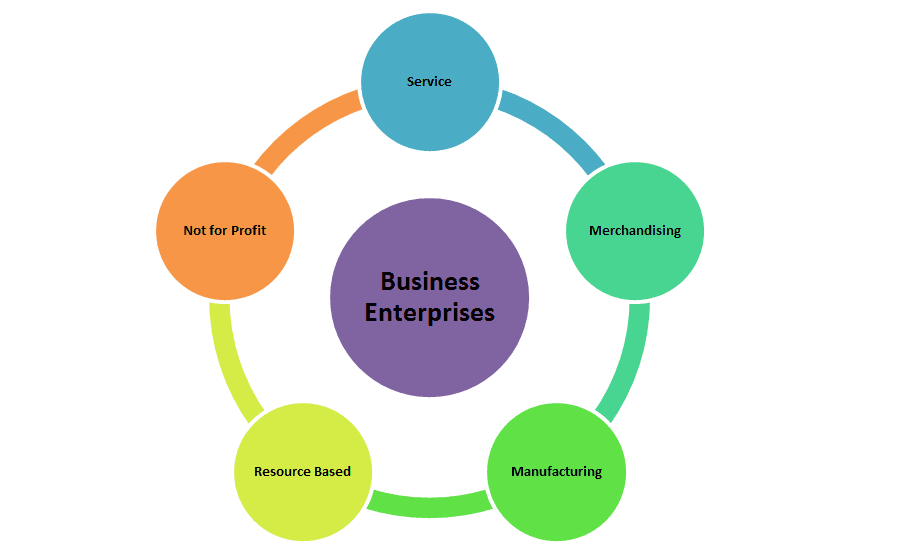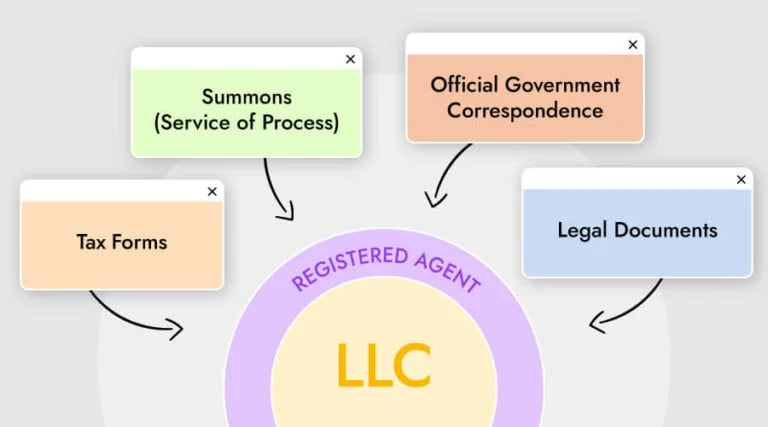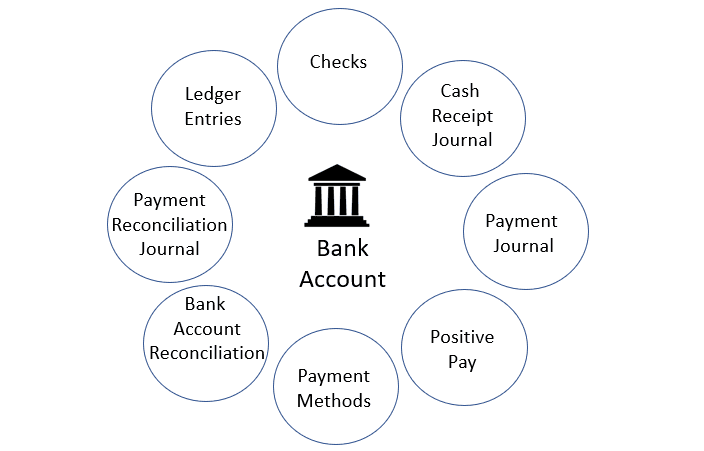Choosing Your Business Entity
Entity Structure Impacts Liability, Taxes.
LLC
LLCs provide pass-through taxation for simplified reporting.
Pros
Cons
Things to Know
S-Corp
S-Corp status can add administrative complexities.
Pros
Cons
Things to Know
C-Corp
C-Corps offer unlimited growth potential & separate legal status.
Pros
Cons
1. Double Taxation Risk
Things to Know
Non-Profit
Non-profits enjoy tax-exempt status and fulfill social missions.
Pros
Cons
Things to Know
What You Need to Be Official
The Four Essentials

Business Banking
Open a business bank account to manage finances separately and professionally.
How it Works Through First Stop Business
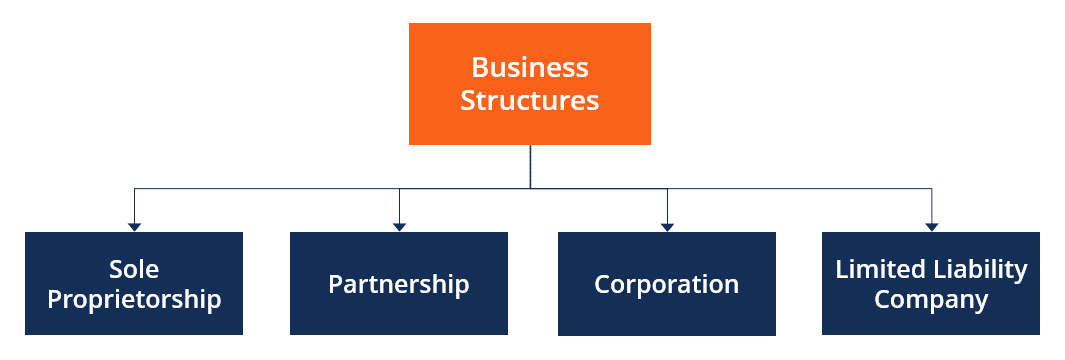
Talk to a Professional
- Choose a Name: Ensure the name is unique and meets your state’s LLC naming requirements.
- File Articles of Organization: Submit the Articles of Organization (or Certificate of Formation) to your state’s business filing office (usually the Secretary of State). This document includes essential information about your LLC, such as its name, address, and the names of its members.
- Pay the Filing Fee:Pay the required state filing fee, which varies by state.
Documents
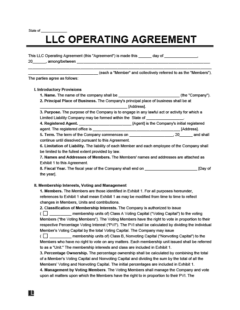
Create Operating Agreement
- Draft an LLC Operating Agreement, which outlines the ownership and operating procedures of the LLC. While not always legally required, it’s an essential document for managing the LLC and resolving disputes among members.
Tax Identification
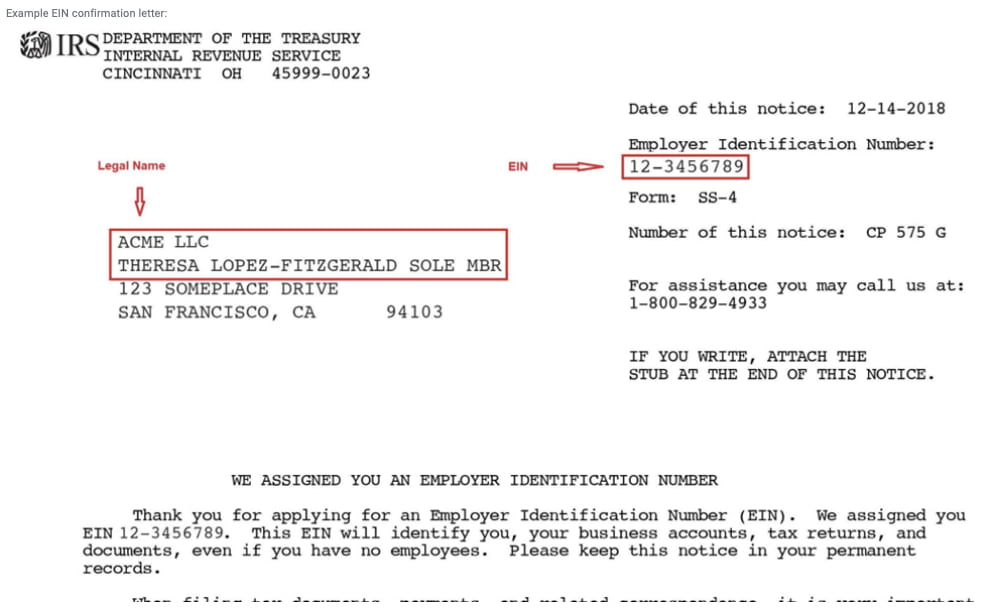
Submitting Your Documents
- Apply for an EIN and you can get your EIN immediately upon completing the application.
Open Business Banking

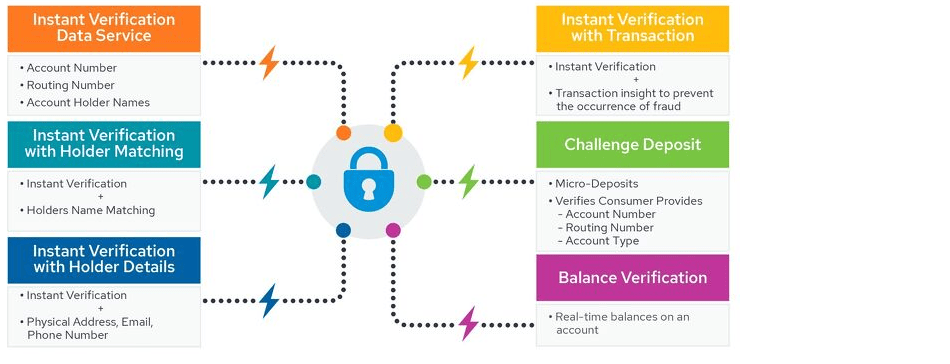
Verifying Business Info
Elevate Your Growth, Invest in Your Business, Invest in Yourself

From Side Hustle to Thriving Business
From Side Hustle to Thriving Business
Transform your passion into profit with our expert guidance. Build your business strategically, achieving extraordinary success and turning dreams into reality.

Invest in Yourself Through Your Business
Invest in Yourself Through Your Business
Investing in your business is investing in yourself, enhancing skills, driving personal growth, and empowering you through each challenge and success.

Empower Yourself by Building Your Business
Empower Yourself by Building Your Business
Building your business is a journey of self-investment. Challenges and successes sharpen your skills, unlocking your full potential.
FAQs: Key Steps for Starting Your Business
Essential Business Entity and Registration Answers.



